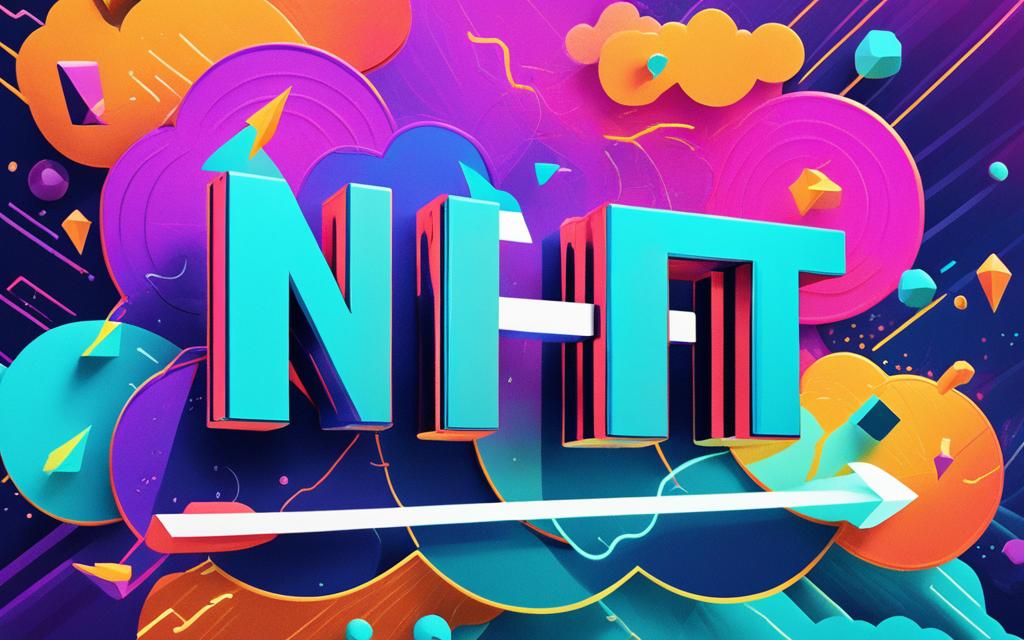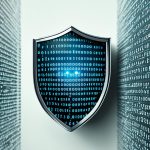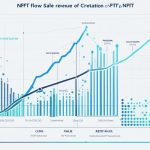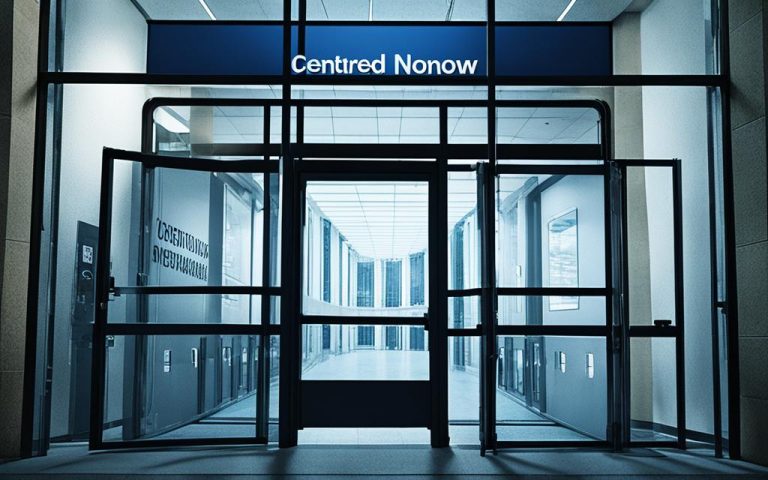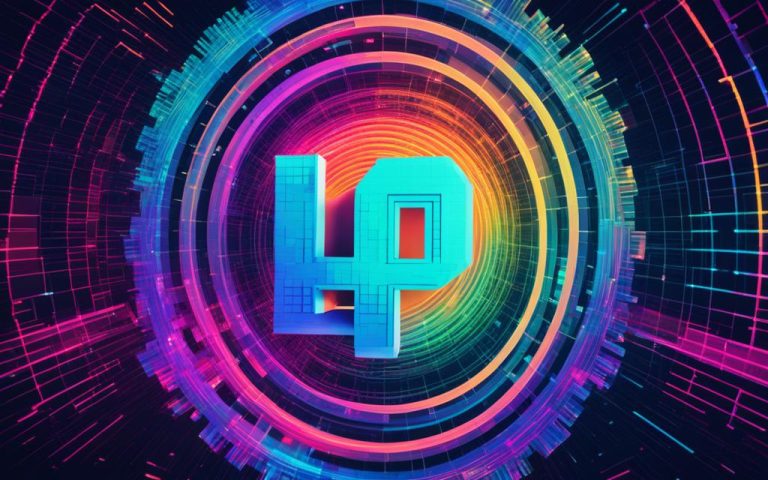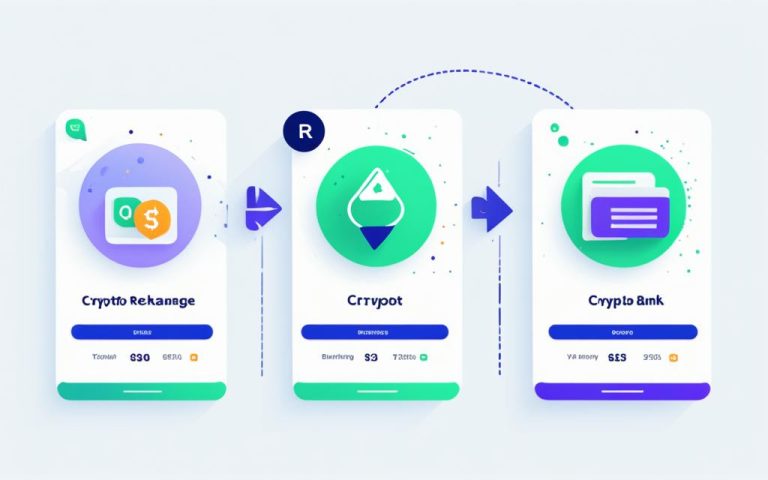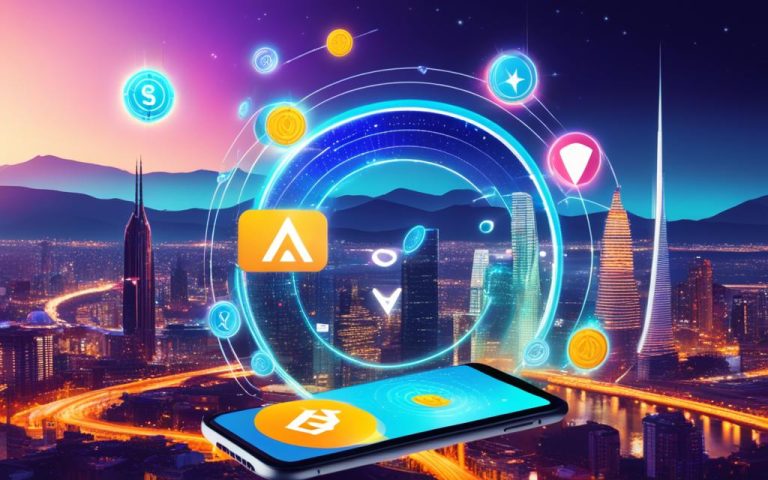NFTs, or non-fungible tokens, are unique digital items you can buy, sell, or trade. They represent different types of digital content like GIFs, images, memes, music, and art. Their ownership is recorded on the blockchain, proving they’re genuine.
Some people think NFTs are an exciting way to own digital assets. They believe in their potential. Others think NFTs might be a scam or too risky. The opinions on NFTs are mixed. For instance, a piece of digital artwork by Beeple was sold for $69 million.
But there are worries about NFTs. People are concerned about the true ownership, the risk of fraud, and how they affect the environment.
These worries have sparked a big debate. Are NFTs a groundbreaking idea that supports creators and changes how we see and make money from digital assets? Or, are they just a financial bubble about to pop?
In our detailed analysis, we’ll look into NFTs’ potential and their risks. We’ll consider different opinions to give a full picture of NFTs. Our goal is to help you understand NFTs better.
Let’s discover the real story of NFTs together. We’ll find out what’s true and what’s not. And we’ll discuss the good and the bad about these digital assets.
Understanding the Potential of NFTs
NFTs, or non-fungible tokens, have changed the digital scene. They offer a new way for creators to make money from their content. Top Shot and other NFT marketplaces let people buy and sell digital collectibles. This opens up ways for individuals to own unique digital items. They can join in the fast-growing world of digital ownership.
NFTs use blockchain technology to secure authenticity and ownership. They are made on a blockchain, which shows who owns what in a safe way. This cuts out the middleman. It gives creators and collectors full control over their digital items.
Now, artists can sell work directly to those who want it, avoiding galleries. This way, they make more money and stay in charge. For every sale in the NFT market, artists get some of the money. They also get paid when their art is sold again. This encourages more digital art creation.
NFTs aren’t just for art or collectibles. They can change ownership in music, sports stuff, virtual land, and game items. NFTs let people own and trade these digital items safely. They connect the digital with the real world.
NFTs bring something rare to the digital world. Collectors seek out limited NFTs, making their value go up. This rarity and the NFTs’ way of working draw in investors, new and old.
NFTs might change how we see ownership and creating value online. They offer big chances for artists, creators, and collectors. Using blockchain, NFTs help us rethink owning digital things. They show a new world of opportunities in the digital economy.
The Risks and Concerns Associated with NFTs
The world of non-fungible tokens (NFTs) brings risks and concerns. They are prone to fraud, money laundering, and market manipulation due to their decentralized nature.
There have been cases of NFT scams. Buyers have been tricked by schemes like pump-and-dump or rug-pulling. The lack of clear rules makes it hard to tackle these frauds.
Illicit actors might use NFTs to launder money. Yet, there’s little proof they’re used for terrorism or proliferation.
Cybersecurity flaws in NFT platforms can expose users to data breaches. Users’ digital assets and personal info could be at risk without strong protections.
NFTs also face issues with copyright and trademark. The easy trading of digital artworks can lead to copyright conflicts and disputes.
Some NFT companies do not have enough control to fight money laundering. Blockchain’s anonymous transactions make oversight tough.
To handle these risks, a combined effort is necessary. Using industry tools, and law enforcement can help. So can analyzing public blockchain data and raising awareness.
There are regulatory hurdles to address. Policymakers need to apply more rules to NFTs and their platforms. This will improve safety for everyone involved.
By tackling the risks, we can make the most of NFTs. This protects investors and creators, keeping the market safe and innovative.
| Statistics and Insights | |
|---|---|
| The number of suspicious-looking domain registrations with names of NFT stores increased nearly 300% in March 2021 due to the NFT boom. | |
| In January 2022, 2.4 million NFTs were sold on OpenSea, representing an increase of a million sales compared to December 2020. | |
| In January 2022, over $4.8 billion worth of NFTs were sold on OpenSea alone, surpassing previous records. | |
| Scammers stole 254 NFTs from OpenSea users in about three hours, resulting in a total value of more than $1.7 million. | |
| Researchers discovered an OpenSea vulnerability that allowed attackers to compromise crypto wallets through the gifting of malicious NFTs. | |
| In a social engineering scam on OpenSea’s Discord server, attackers were able to steal crypto funds from victims’ wallets by tricking them into syncing their MetaMask app using a fake QR code. | |
| NFT buyers might end up purchasing illegally copied art on marketplaces where artist verification is not required, potentially leading to theft and scams. | |
| A Redline malware scam can steal usernames, passwords, art files, and crypto wallet information from victims. | |
| An automated NFT tweet mining bot can convert tweets into NFTs, potentially leading to the theft of digital artwork or content shared on Twitter. | |
| Risks can be mitigated by using multifactor authentication for all accounts, learning to spot phishing attacks, using hardware wallets, and employing DMCA copyright infringement takedownes. |
Source: For more information on NFT security risks, check out these articles:
US Department of the Treasury press,
BlockChain Group article on understanding NFT hype and fraud,
IBM Security Intelligence article on NFT security.
Conclusion
The NFT world is both complex and constantly changing, filled with both opportunities and challenges. Despite the risks, such as scams, it’s vital to stay well-informed. This balance between potential growth and the need for smart regulation is crucial for their future.
For those looking to invest in NFTs, doing your homework is key. It’s important to know the risks and make choices based on knowledge. Being informed helps investors move through the NFT space with greater confidence and avoid pitfalls.
NFTs blend art, culture, and endless possibilities in a unique way. This mix offers a chance for owners to have both cultural significance and a sense of belonging. Through collaboration, the industry can foster trust and spur further development.
The journey of NFTs is still unfolding, requiring patience and insight. Success comes from understanding the field, careful planning, and thoughtful decisions. Remembering both the potential rewards and risks helps guide better investment decisions in NFTs.
Roberto Carrà’s analysis highlights the scam dangers in the NFT world. Meanwhile, StackBrowser’s blog talks about scam commonality. And, Carles Carrera’s book explores NFTs’ potential, offering a comprehensive view.
FAQ
What are NFTs?
NFTs are unique digital items you can buy, sell, or trade. They include things like GIFs, pictures, memes, music, and art. Each NFT is stored on a blockchain, which shows who owns it.
How do NFTs enable ownership in the digital realm?
NFTs let creators and artists make money from their digital work directly. They operate on a decentralized system. This means creators have more control and can truly own their work online.
What is the potential of NFTs?
NFTs could change how we view and use digital assets. They offer new ways for creators and investors to earn and trade.
What are the risks associated with NFTs?
With NFTs being decentralized, it’s hard to stop fraud and other illegal activities. There have been scams where people lost money in fake NFT deals.
What are the environmental concerns related to NFTs?
NFTs and their underlying blockchain technology use a lot of energy. This contributes to the carbon footprint, raising environmental concerns.
Should I invest in NFTs?
Think carefully before investing in NFTs. Understand the market’s ups and downs, and the chance of scams. Always make well-informed choices.

